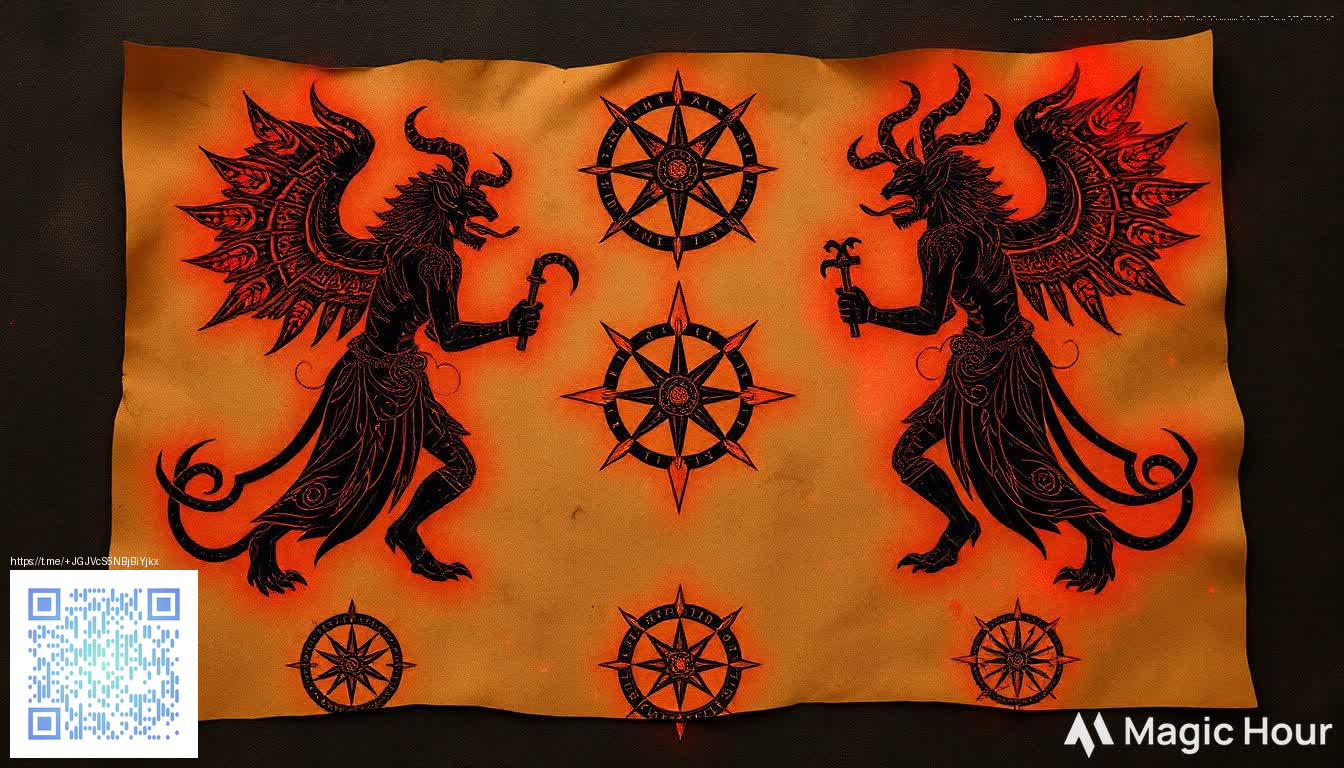
Exploring the absence of moral choices in the classic arcade loop
The early arcade era carried a different kind of storytelling compacted into a tiny screen. Pong drops players into a mechanical duel where the goal is simple to outmaneuver a paddle and return a ball. There is no character with a conscience no dialogue to guide decisions and no branching path to annotate with consequence. This clean design invites players to test their reflexes and strategy rather than wrestle with ethical dilemmas. 💠 The result is a gameplay experience that feels universal and immediate every match a clean slate.
The legendary simplicity of Pong
When the game arrived it redefined what an interaction could be in a digital space. The loop revolves around anticipation timing and precision. The absence of a story means the player becomes the author of the moment the tension builds through each rally rather than through a narrative arc. The lack of moral weight is not a flaw it is a design choice that preserves accessibility and keeps the focus on skill mastery. The effect is timeless and it still resonates with new players curious about arcade history. 💡
What would a moral choice look like in this silhouette of a game
Moral decisions typically arise from outcomes that alter the world or the characters within it. In a pure Pong style frame the only feedback is a point on the scoreboard. If a designer wanted to layer ethics onto this core, they would have to externalize the narrative structure. Consider variants that impose rules changes at key moments require a collaboration with the player you could imagine situations where players must choose between accuracy and speed or where the environment implements penalties for risky plays. These experiments highlight how narrative intention can exist alongside a minimalism rooted in the original loop. 🎯
Gameplay analysis of the core loop
The heartbeat of Pong remains the timing reaction and spatial awareness needed to predict where the ball will travel next. Modern reimaginings and ports maintain that rhythm while expanding the context with adjustable ball speed paddle friction and AI difficulty settings. What stands out is how players interpret risk in the absence of a story. Some push the tempo to force the opponent into mistakes others savor the geometry of a perfect bounce. The lack of dialogue makes the feedback immediate and visual players learn through the cues on the screen plus their own muscle memory. 🌌
Community insights and why players revisit a story free arena
Fans and modders bring the game into new conversations by reframing what constitutes a moral dilemma. They create challenges that simulate ethical pressure without ever scripting a moral choice in the game code. A thriving thread in community circles is to design variants that reflect fairness transparency or competitive integrity. In these experiments the audience discovers that a narrative can still feel morally charged even when the original game offers no explicit moral map. The meta conversation becomes the story and players illuminate values through how they play. 👁️
Update coverage and modding culture around minimalist classics
Updates to classic games often arrive as exploration rather than overhaul. For Pong inspired experiences the excitement comes from new modes tweaks and accessible editor tools that empower players to craft fresh rules. A notable parallel exists with modern reinterpretations that keep the core loop intact while introducing micro narratives or thematic skins. This approach respects the essence of the original while inviting a new creative discourse around what means to play ethically and competitively. The modding culture thrives on showing that even the oldest arcade ideas can spark modern experimentation. 🌑
Developer commentary and the stance of enduring simplicity
From a design philosophy perspective the enduring popularity of Pong rests on clarity and reliability. Developers who study its mechanics often highlight the virtue of a well tuned loop that feels fair and responsive. The absence of a scripted moral arc becomes a canvas for players to project their own choices into the rub of the rally. In conversations around updates and anniversaries the focus tends to be on preserving the tactile feel while offering optional variants that expand the play space without betraying the original cadence. The takeaway is that minimalism can coexist with thoughtful experimentation. 🕹️
Integrating modern narrative devices with a Pong style framework
If a designer seeks to explore ethics without reinventing the wheel, they might embed a discreet thematic frame into the environment or scoring system. For example a variant could track player decisions about risk and reward across a tournament, presenting subtle moral echoes through scoreboard metaphors or stage transitions. The joy is in listening for what players infer from pacing and presentation rather than hearing explicit moral guidance. This kind of design thinking demonstrates how a legacy title can prompt fresh conversations about responsibility in gameplay while staying faithful to its roots. 💠
Support the Decentralized Internet